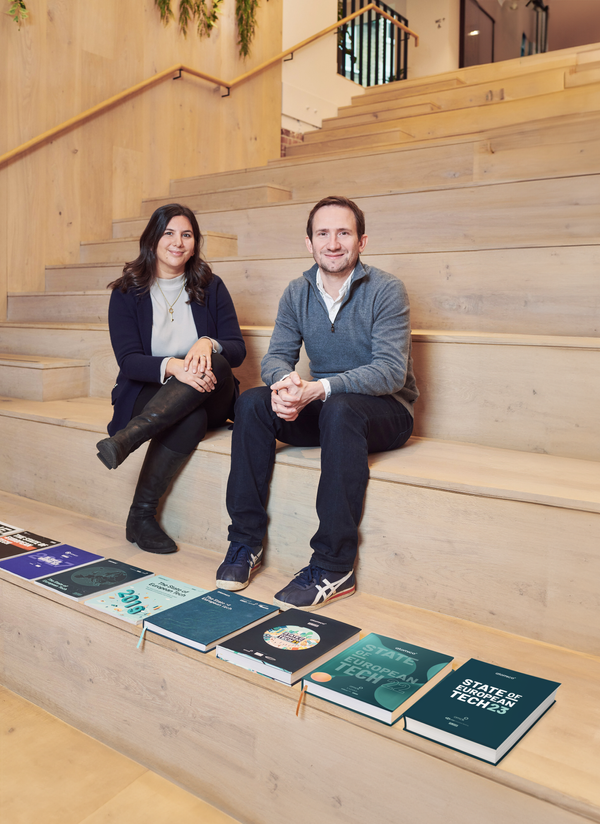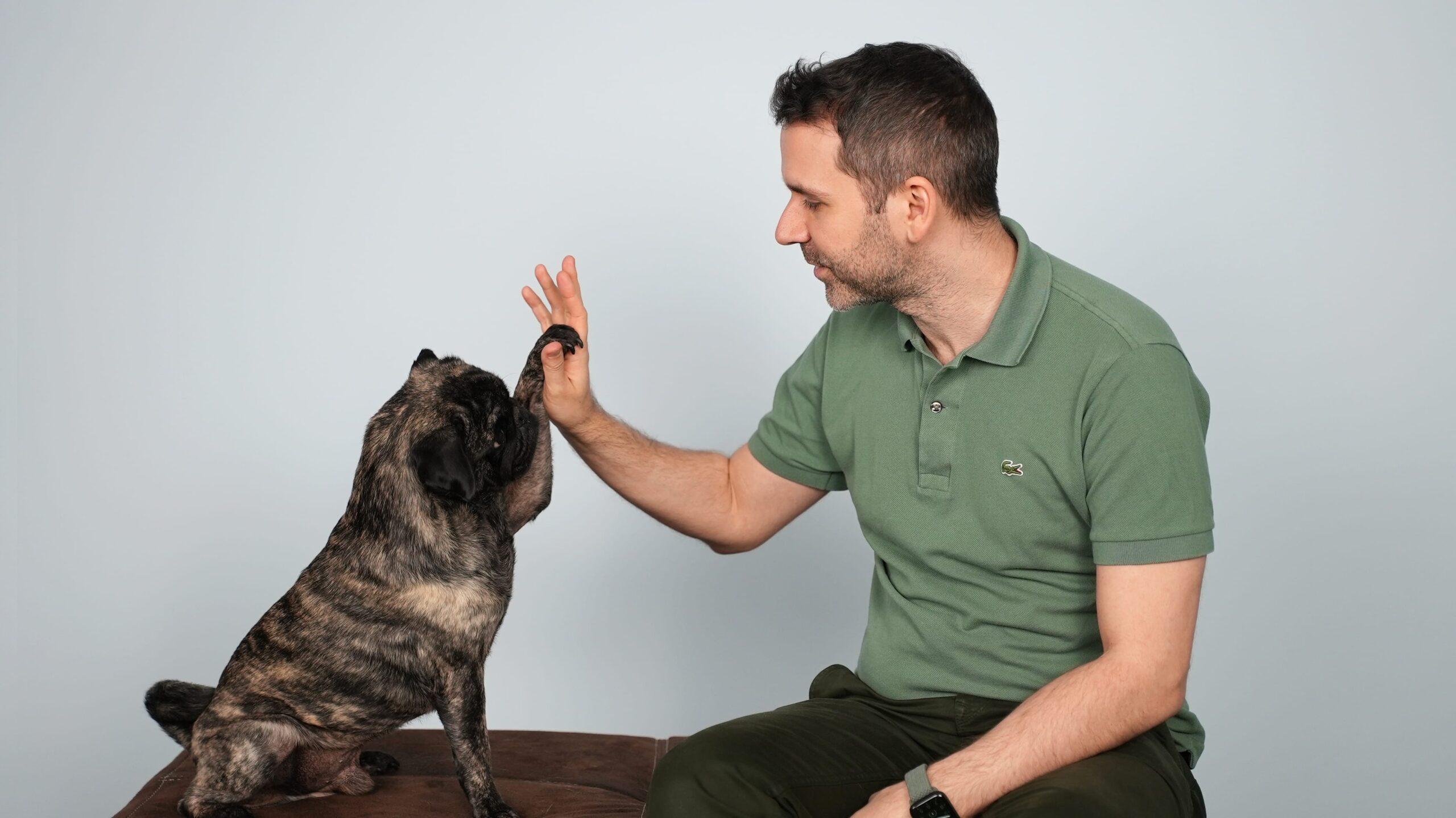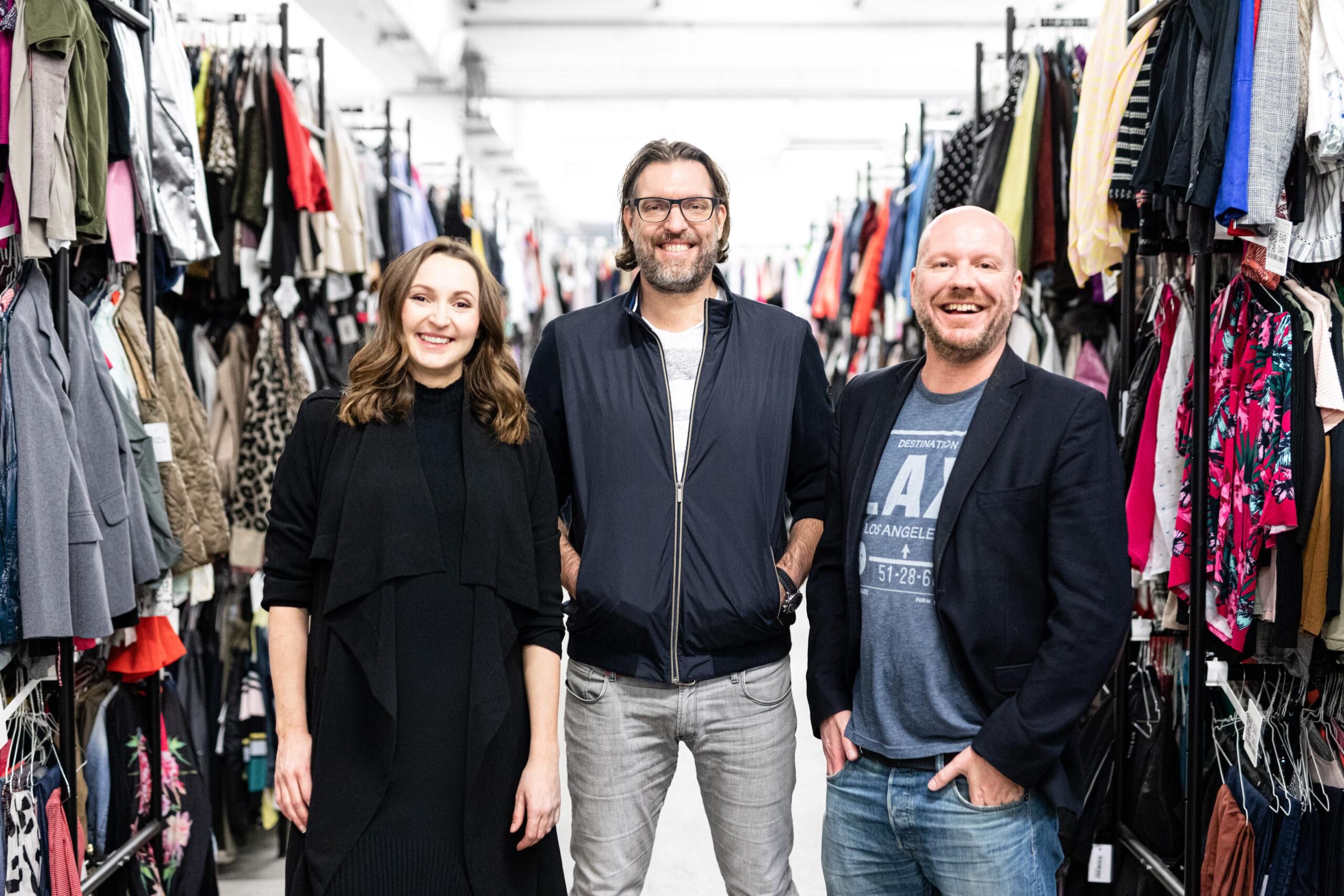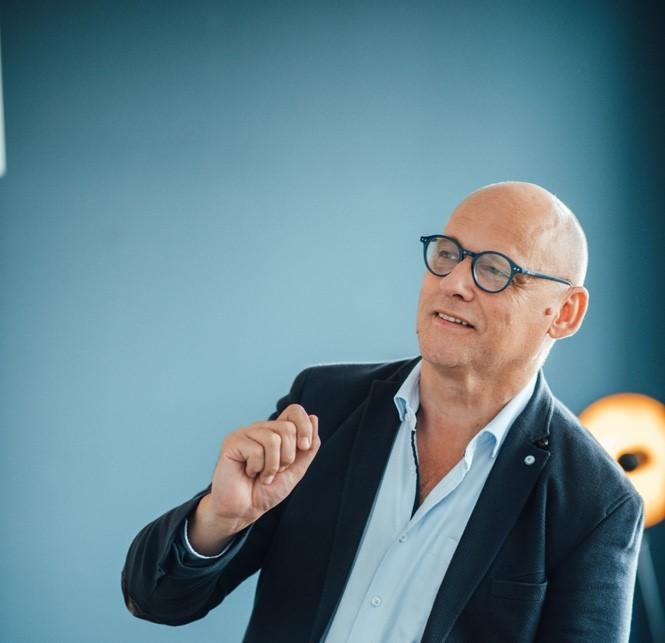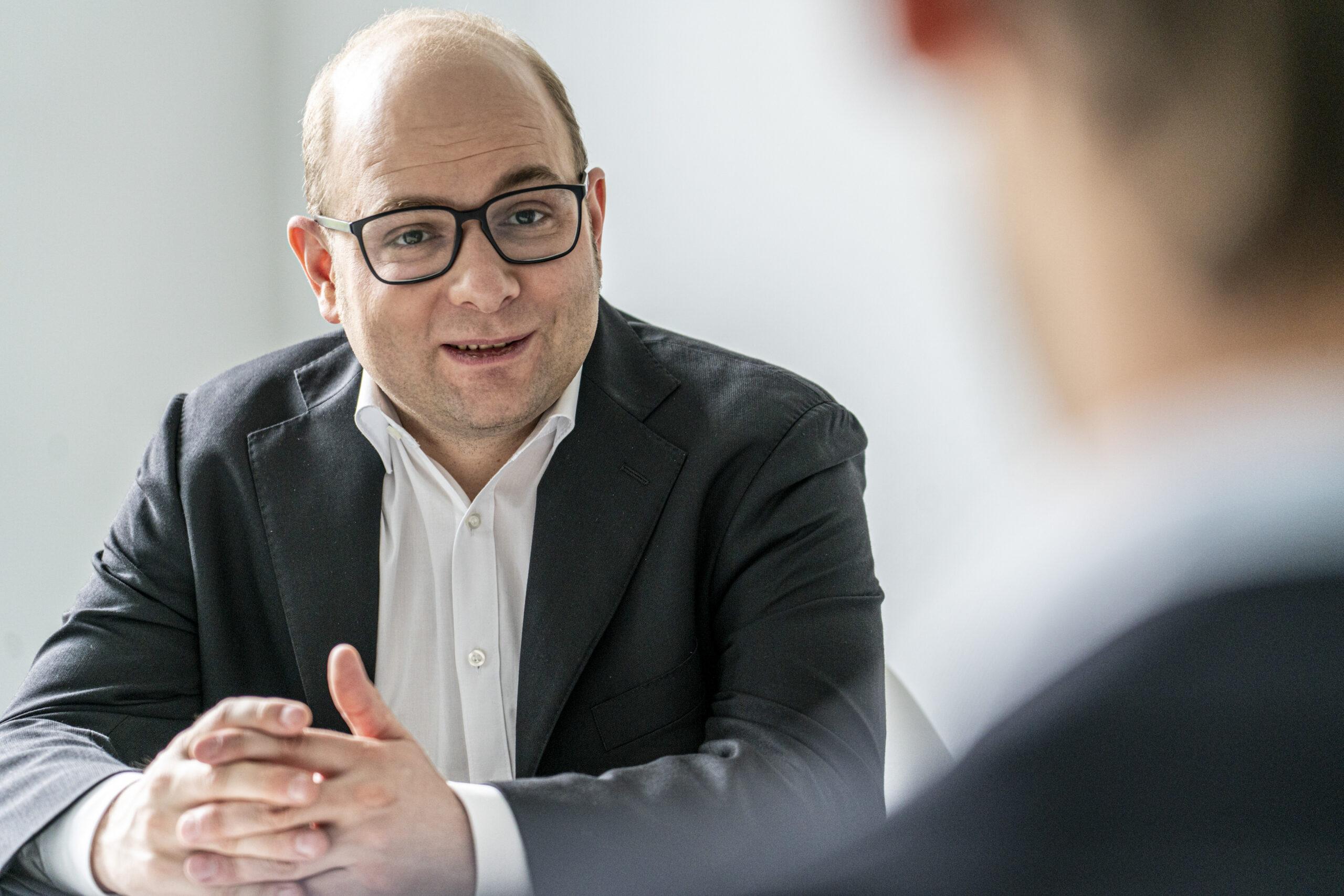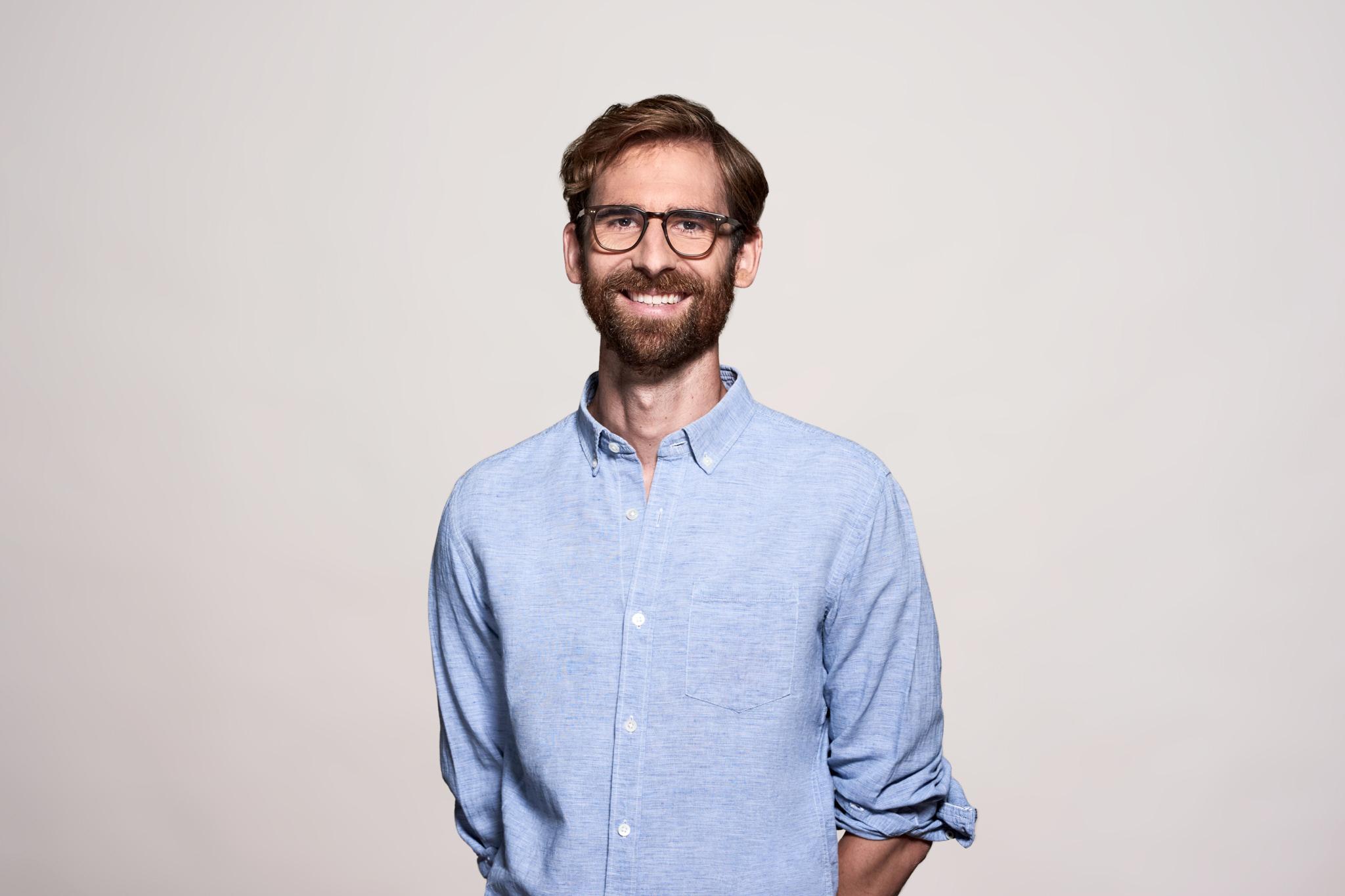When the new thing is the old
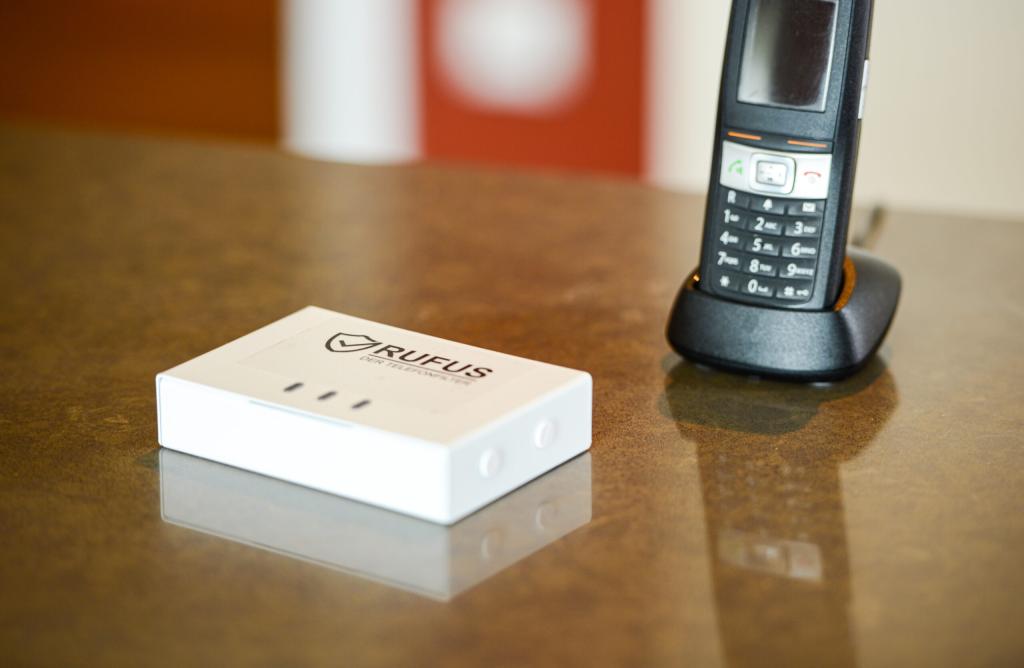
Start-ups rarely develop products for older people. In doing so, they deprive themselves of a potentially lucrative target group. A young company from East Westphalia shows how this can be tapped.
Germany's biggest start-ups have one thing in common: whether it's Auto1, GetYourGuide or About You, they are all technology-driven companies. Partly because they hope that this will make classic business areas - such as fashion retail or the used car business - more attractive to young people, and thus enable them to outdo established companies.
The other end of the population pyramid, on the other hand, is hardly on the radar of many startups. "Seniors have been an underestimated target group for startups and tech developers," says Ariane Schenk, a health & pharma officer at digital association Bitkom: "The perception is that they are not very tech-savvy and skeptical of new things."
But this perception has little to do with reality. According to the latest Allensbach Market and Advertising Media Analysis, almost 58 percent of all people over 60 in Germany are online at least once in a while, and more than a quarter are even online several times a day. This cannot be reconciled with the image of the anti-progress pensioner. For Ariane Schenk, this is not surprising. She says they are particularly open to technologies that enable them to live self-determined lives for longer or have more security in their everyday lives. "If startups succeed in offering user-friendly solutions, there is a lot of potential slumbering here," she is sure.
"Agetech", as the start-up industry for seniors is also called, could therefore become the next big thing, if enough founders are interested in it. First initiatives exist to sensitize the start-up scene for this potential. This year, the second "Agetech Bootcamp" took place in Chemnitz - fittingly the oldest major city in Germany - where founders could present their ideas especially for this target group. Since 2018, the interest group German Seniors' League together with the insurance group Signal Iduna has been awarding the "SENovation Award" for agetech start-ups.
A look at this year's finalists reveals just how diverse the potential gateways are for creative founders. The start-up Memoresa, for example, wants to make estate processing socially acceptable via a platform. Account closures can be initiated via this, plus a "digital emergency vault" in which a health care proxy or living will can be stored.
Meanwhile, the service provider "besser zuhause" (better at home) wants to help seniors adapt homes to age-appropriate living. The concept includes concrete measures in the home, help with applying for grants and the integration of technologies for participation.
The winner in the start-up category this year was GTK Gesellschaft für technische Kriminalprävention mbH (GTK GmbH) from Hövelhof in the Paderborn district. Behind the name stands above all Oliver Böttcher, the founder of the company. His prize-winning invention: The RUFUS telephone filter. With this, seniors are to be protected from fraudulent calls, for example from grandson scammers. "The telephone filter is a small box that we connect between the line and the telephone," explains Böttcher. The filter contains a "white list" of trustworthy numbers that are put through without further ado. The filter stops unknown numbers first and asks the caller, for example, to have the call recorded. "Anyone who does not agree to this will not be put through," says Böttcher. There are other options to which the filter can be set.
The installation should work as simply as possible, so that everyone can implement it themselves. "There is a language menu, in addition, the respective cable connections are clearly color-coded," says the founder. In an initial test run, GTK GmbH equipped 100 senior citizens in the Gütersloh district with the filter to check whether it was easy to use and actually blocked unwanted calls. "The test phase ran from August to October 2019, we blocked 1,000 calls that we could classify as fraudulent," says Böttcher. Which shows how massive the problem is for older people, he added.
For Oliver Böttcher, the recognition from winning the award is a satisfaction. Because in the beginning he had difficulties with his idea in the start-up scene: "In competitions we usually lost against highly scalable software solutions or comparison portals", he remembers. There was a lack of understanding for his idea. "Many didn't believe in the market." The phone filter has now been on the market since September, and the first production round of 250 units will be sold by the end of the year, Böttcher believes. Next year, the thousand mark should be cracked, and in the long term, much more is possible, he says: "After all, there are ten million senior households in Germany."
FYI: English edition available
Hello my friend, have you been stranded on the German edition of Startbase? At least your browser tells us, that you do not speak German - so maybe you would like to switch to the English edition instead?
FYI: Deutsche Edition verfügbar
Hallo mein Freund, du befindest dich auf der Englischen Edition der Startbase und laut deinem Browser sprichst du eigentlich auch Deutsch. Magst du die Sprache wechseln?





